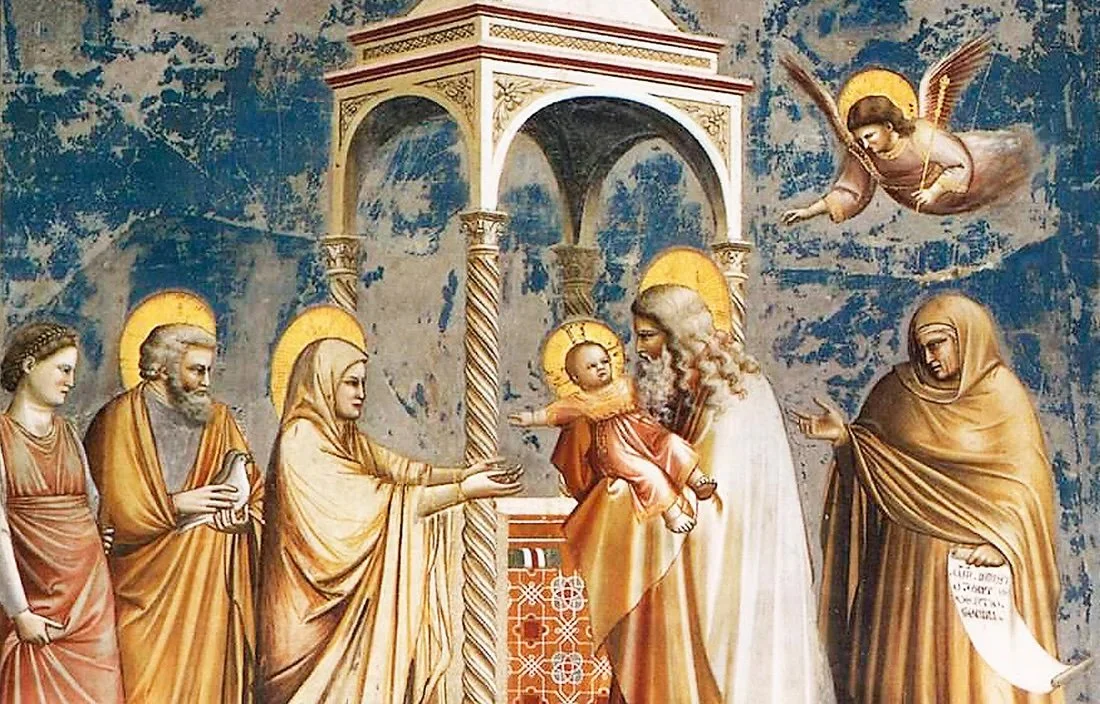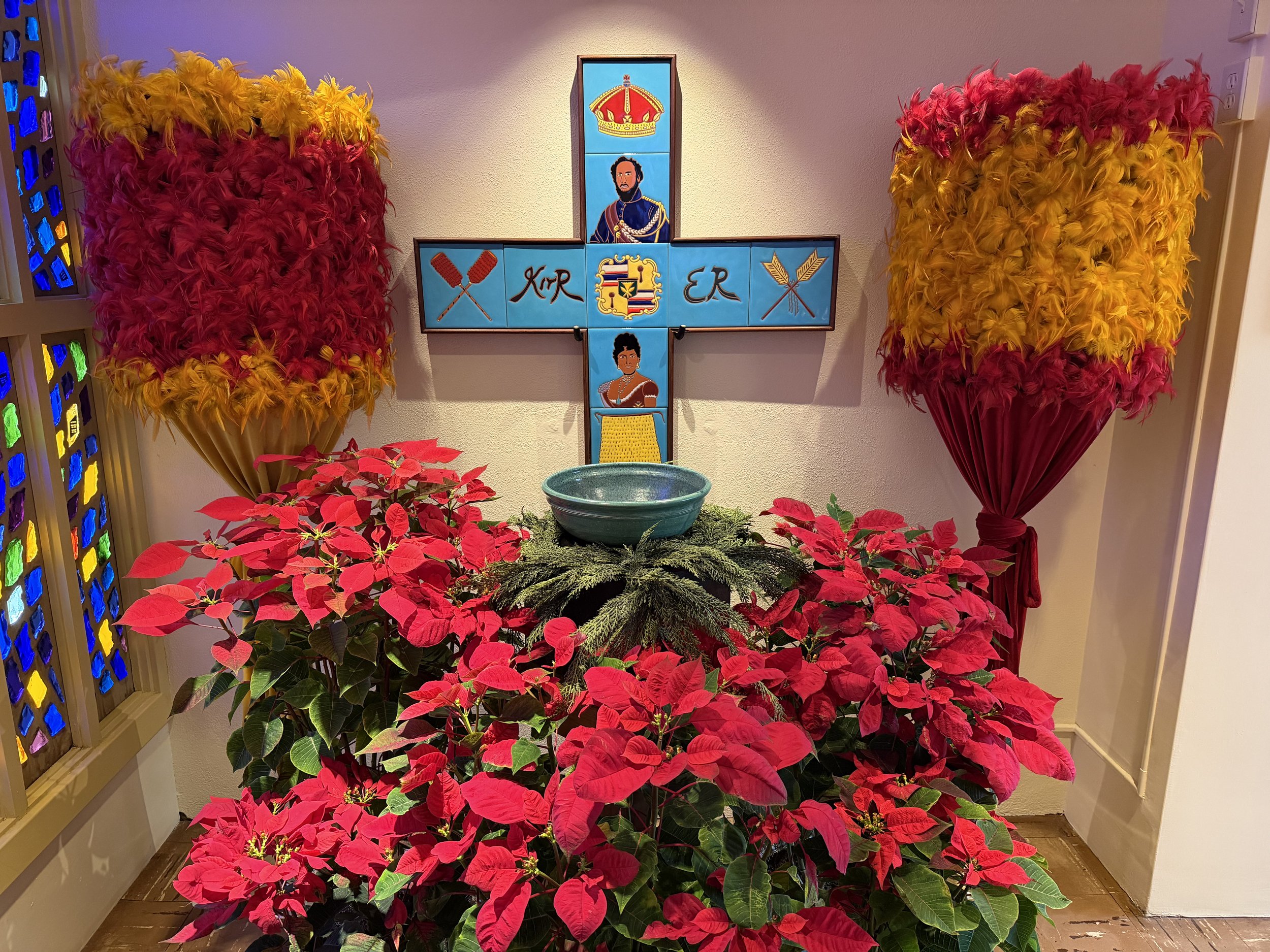From the Rector: The Altar of Our Hearts
/Saturday, September 5, 2020
When I was living in Jerusalem years ago, and I was working at St. George’s Anglican Cathedral, we received a phone message from a prominent cathedral dean of the Episcopal Church. He was bringing an interfaith group of pilgrims to our Sunday morning mass, and I could sense anxiety in his voice. Bringing the pilgrims to St. George’s would be his chance to share his Christian faith, and yet there was some uneasiness, especially in the Holy Land that such visits could be fraught due to politics. I was glad the dean left the message, as I was scheduled to preach and celebrate that Sunday.
In the sermon I spoke of the altar of our hearts - how in each of us, we hold a special place for the love of God within our own hearts. We have an altar of love at the very center of our being, and for Christians, this is where Jesus Christ has always lived within us. For the life of me, I cannot remember what the Gospel reading was that Sunday, but I know myself well enough to be certain that my analogy must have attached to the Gospel. For our interfaith guests, it was an image that worked, as they too had a deep devotion for the God of Sarah and Abraham within their hearts.
I remember this story now because next week we are gathering online via Zoom to discuss the altar of our hearts during this pandemic. As COVID rages on, we are now worshipping from home, and that has resulted in the widespread practice of spiritual communion. Even though we cannot taste the bread and wine with our own lips, we still desire the sacramental grace that communion bestows. There has been a call for virtual communion in some corners of the church, but I am glad the Episcopal Church has rejected this practice for the most part. During such times as pandemics, we must be careful not to start practices that will be difficult to reverse later. And so as we cannot gather in person for worship, likewise our bodies cannot taste the bread and the wine of the Lord’s Supper. Spiritual communion will have to suffice for now, and we are required to focus on the altar of our hearts.
To be clear, as a priest I have been fortunate to celebrate the mass throughout this pandemic. I have not been deprived of the Sacrament in the same manner as some of you. For those of you who have received the Sacrament, it has been the bread only, as the chalice has been withheld. For me, the chalice has become a cup of sorrow during this time, because every time I drink from it I am reminded of how it cannot be shared currently. Even though the bread and wine bring about our resurrection, for now it feels more like a bearing of the cross - like food in the wilderness.
This being said, I have been amazed at the peace I feel when participating in a mass virtually. So many churches around the world are sharing their services online, and there is a feast of readings, music, and sermons each Sunday for us to behold. Even though I cannot receive the bread and wine at such online services, I still feel embraced by the love of God, witnessing the church at work doing what the church has always done since the first Easter Day.
Some of my colleagues have championed the idea that churches should only do online Liturgies of the Word or Morning Prayer during this time. Their thinking is that we should not celebrate the Eucharist until we can all do it together safely. I am afraid that this is a goal that can never be attained, for the Eucharist has never been safe, and it never will be. It has never been safe to die and rise with Christ - to share his body and blood. Whether there is a pandemic or not, the mass is always risky.
The reality is that the world needs the Eucharist now more than ever, even if all of us cannot receive it regularly. The mass is much more than the receiving of bread and wine. It is the central act of praise that defines Christianity dating back to the very first Easter Day. For the Christian, the Eucharist unites the altar of God with the altar of our hearts. The saving grace of God is the same, whether the bread and the wine is touching our lips, or whether we are suffering through a pandemic, and for a period of time we have to communion spiritually, solely with our hearts.
Father Paul Lillie +
The General Thanksgiving
Almighty God, Father of all mercies,
we your unworthy servants give you humble thanks
for all your goodness and loving-kindness
to us and to all whom you have made.
We bless you for our creation, preservation,
and all the blessings of this life;
but above all for your immeasurable love
in the redemption of the world by our Lord Jesus Christ;
for the means of grace, and for the hope of glory.
And, we pray, give us such an awareness of your mercies,
that with truly thankful hearts we may show forth your praise,
not only with our lips, but in our lives,
by giving up our selves to your service,
and by walking before you
in holiness and righteousness all our days;
through Jesus Christ our Lord,
to whom, with you and the Holy Spirit,
be honor and glory throughout all ages.
Amen.
The Book of Common Prayer (pp. 101 and 125)








